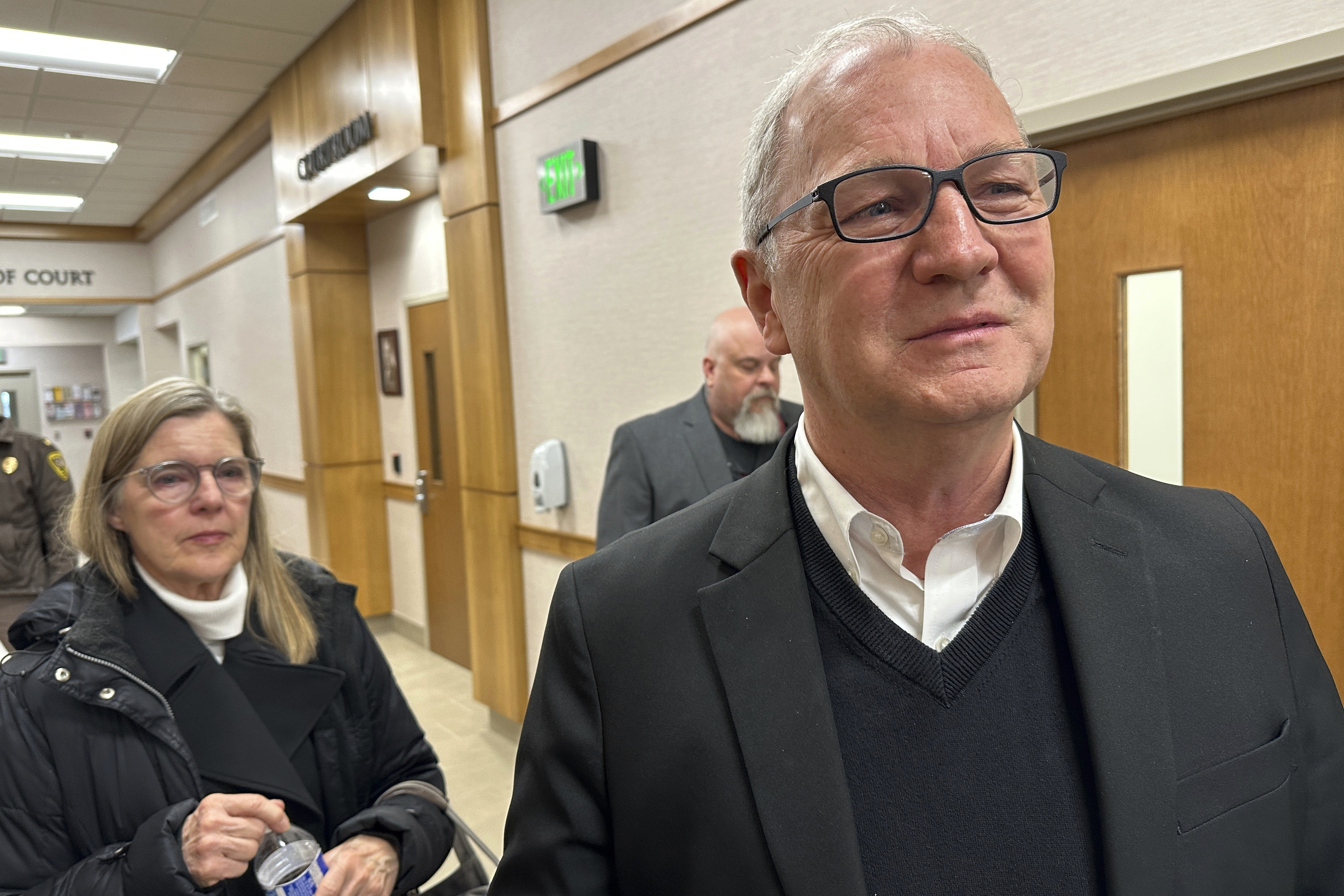
What to Know
- As the real estate market began to recover in May, home searches in suburban zip codes jumped 13%, according to realtor.com, one of the largest real estate listing websites
- That doubled the pace of growth in urban areas
- More than half of the nation’s 100 largest metropolitan areas are seeing increased interest in the suburbs
If millennials once piled into the cities, fueling downtown renewal and growth, apparently they are now piling out.
The stay-at-home orders brought on by coronavirus have more potential homebuyers looking for properties in the suburbs. Millennials are now the largest cohort of buyers.
As the real estate market began to recover in May, home searches in suburban zip codes jumped 13%, according to realtor.com, one of the largest real estate listing websites. That doubled the pace of growth in urban areas.
While homes are spending more time on the market overall, due to complications surrounding closings, both suburban and rural markets are not experiencing that lag time as much, due to very strong demand.
“This migration to the suburbs is not a new trend, but it has become more pronounced this spring,” said Javier Vivas, realtor.com director of economic research. “After several months of shelter-in-place orders, the desire to have more space and the potential for more people to work remotely are likely two of the factors contributing to the popularity of the burbs.”
U.S. & World
More than half of the nation’s 100 largest metropolitan areas are seeing increased interest in the suburbs. Real estate agents in the New York City area have reported strong demand in the surrounding suburbs, as contracts on Manhattan apartments plunged 80% annually in May, according to Jonathan Miller of real estate appraisal firm Miller Samuel.
This new flight to the suburbs is clearly benefiting the nation’s homebuilders, who have seen a much quicker recovery than they ever expected.
“There’s no question that there are people who are fleeing the cities. There’s no question that the second home has been a place of refuge. There’s no question people are rethinking whether they want to be in high rise rentals with common spaces as amenities vs. having a home of their own with a backyard,” said Stuart Miller, chairman and former CEO of Miami-based Lennar.
This story first appeared on CNBC.com. More from CNBC:



